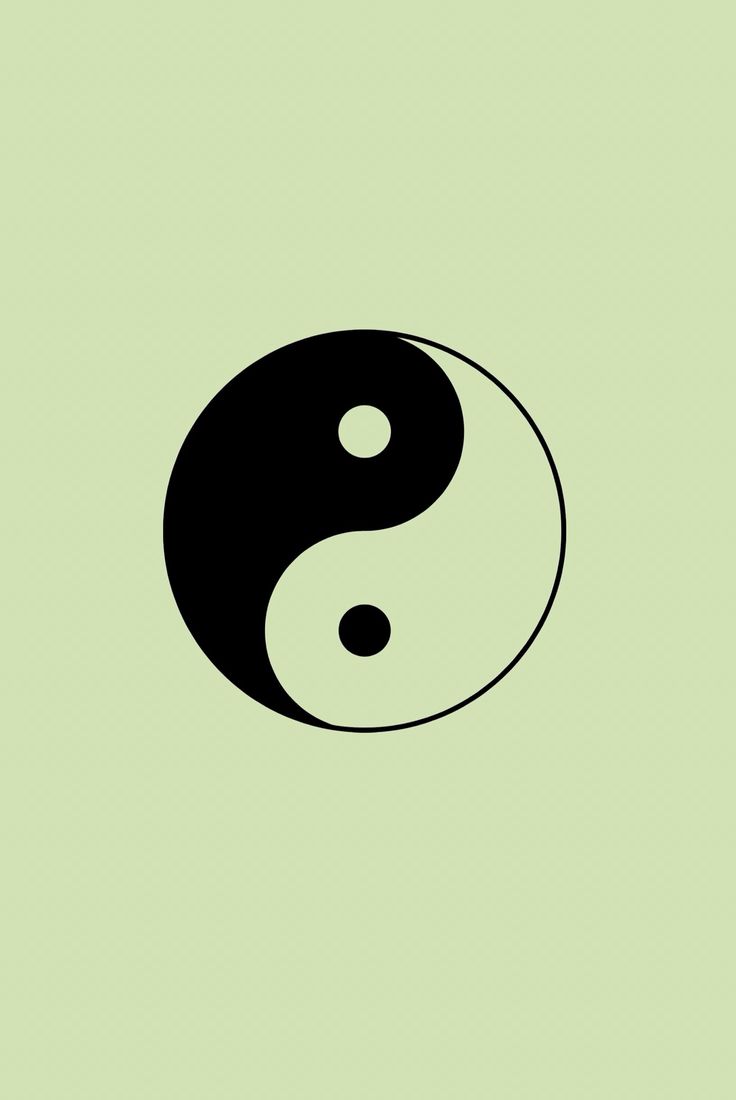What is Traditional Chinese Medicine and Phytotherapy?
Traditional Chinese Medicine provides a vast knowledge on the diagnosis and understanding of the organic and energetic terrain, based on the Theory of Yin-Yang, and the Theory of the Five Elements.
According to Chinese tradition, the state of health is nothing more than the persistence of a balanced flow of energy through the channels through which vital energy (Qi) flows throughout the body, while the energy imbalance, produced by a Qi in excess or defect, can lead to imbalances, symptoms and syndromes at the organic level.
Thus, with the precise energetic diagnosis of the current state of the person, through the study of the tongue, the taking of the pulses, the observation of the physiognomy and the study of the symptoms, imbalances at the organic level and lifestyle of the individual, it is possible to perform a personalized treatment that includes different disciplines, such as Chinese Nutritional Therapy, Acupuncture, Auriculotherapy, Chinese Phytotherapy, or Moxibustion, among others, to restore and maintain the natural balance of the organism.
What is holistic medicine?
Integrative and holistic medicine is that which integrates the knowledge of allopathic medicine (conventional medicine) with that of biological, naturopathic or complementary medicine.
In this way it benefits from a more respectful therapeutic approach with the organism whenever possible, without losing the valuable contributions of allopathic or conventional medicine, such as surgeries, cancer treatment with antineoplastic or the use of antibiotics and other drugs, when they are really necessary.
What is the difference between the integrative and holistic concepts when referring to medicine?
The concept of integrative medicine refers to the fact that the knowledge of conventional medicine is integrated with that of biological, naturopathic or complementary medicine.
The concept of holistic medicine refers to the fact that the whole being is taken into account (the physical, psychosocial and emotional dimension of the person) and that the organism is perceived as a whole. Holistic medicine understands that the organism functions as a whole, its parts do not function in isolation and, therefore, will affect each other.
What is integrative health?
WHO defines health as a state of complete physical, mental and social well-being and not merely the absence of disease or infirmity. This is a holistic conception of health, since it takes into account the different aspects that affect people’s well-being.
However, in biological medicine we go one step further, because we understand the health-disease binomial as a continuum, a balance. Health is not something static, but our organism is constantly working to maintain it.
We also understand that diseases, especially chronic diseases, are pathological processes that develop over a long period of time, which begin with a bad habit or contact with a toxic substance, for example. And these small exposures added between them and with the own factors of the organism will lead us to lose the balance and to get sick.
What is the relationship between holistic kinesiology and integrative and holistic medicine?
Applied holistic kinesiology is a technique used to diagnose or choose the appropriate treatment for a person. It is based on visceromotor reflexes to assess the internal state from manual muscle testing.
The answer is given according to the response of strength or weakness of the musculature when a certain question is asked. Some integrative physicians or therapists use kinesiology as a method of diagnostic support.
In our integrative medicine center in Barcelona we prefer VAS, since it gives us more objective and less observer-dependent parameters.

